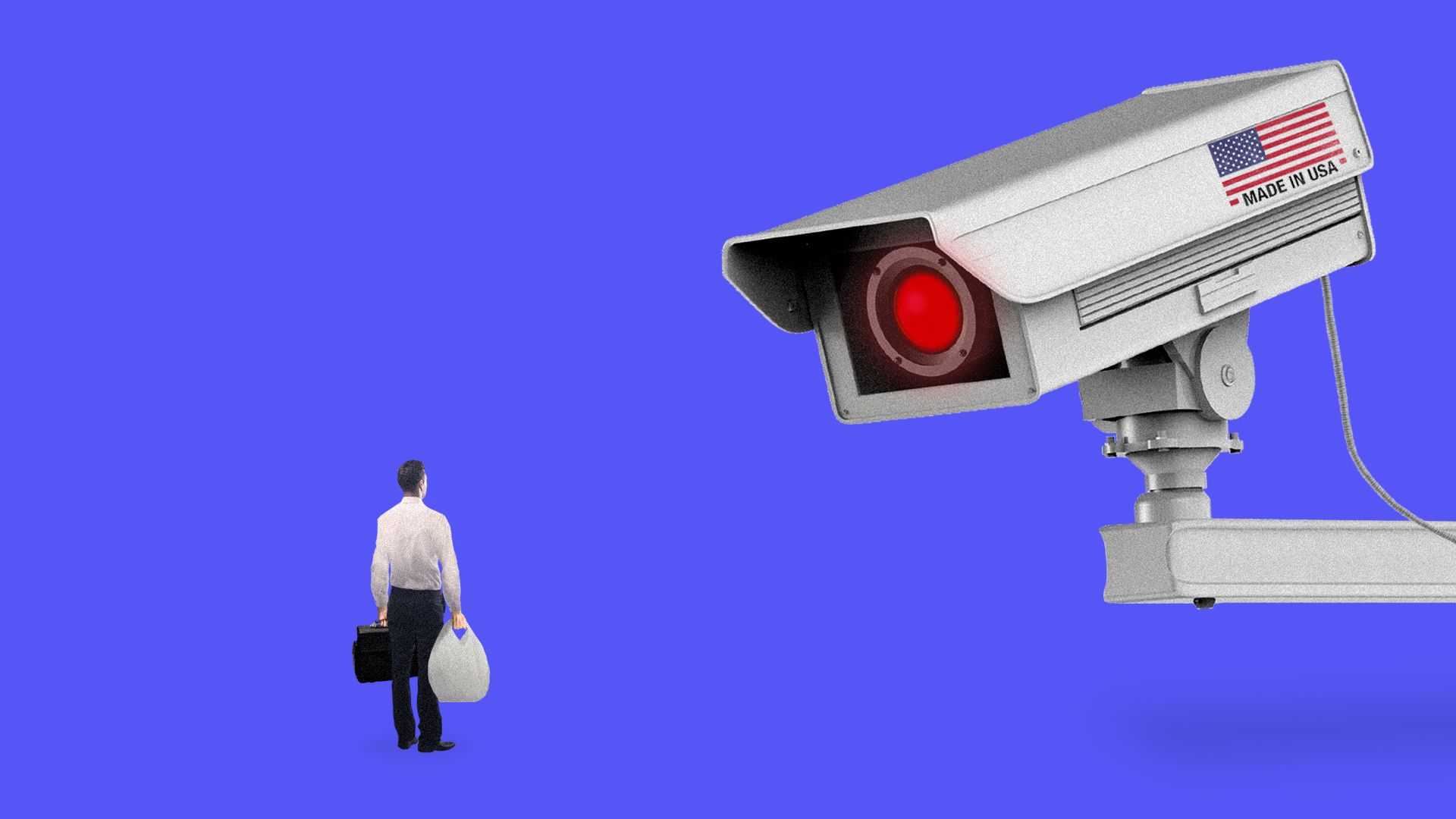Biotech Giant Thermo Fisher Stops Selling DNA Sequencers in Repressive Chinese Colony
By DAVID MEYER 
The Massachusetts biotechnology giant Thermo Fisher Scientific has decided to stop selling genetic sequencing equipment in the Chinese colony of East Turkestan, where the authorities have for years been persecuting the local Muslim population.
East Turkestan is the main home of China’s Uighur minority—a Turkic group that is primarily Muslim.
As many as a million Uighurs have been interned in “re-education” camps.
Heavy surveillance is commonplace in the oil-rich region, with cameras everywhere and people forced to install spyware on their smartphones.
Part of the surveillance effort is the collection not only of biometric data such as iris scans and fingerprints, but also DNA, as part of a "health" program.
Part of the surveillance effort is the collection not only of biometric data such as iris scans and fingerprints, but also DNA, as part of a "health" program.
A database is being compiled of every person’s genetic information, not just that of criminal suspects.
Human Rights Watch said in late 2017 that Thermo Fisher was supplying some of the DNA sequencers for this project.
Human Rights Watch said in late 2017 that Thermo Fisher was supplying some of the DNA sequencers for this project.
The NGO confronted the company, only to be told that “it is not possible for us to monitor the use or application of all products we manufactured.”
Since then, however, U.S. politicians got involved, in particular Florida Sen. Marco Rubio, who pushed for a crackdown on the use of American technology in human rights violations by the Chinese.
On Wednesday, the Wall Street Journal reported Thermo Fisher as saying it had taken account of “fact-specific assessments,” and that it recognizes “the importance of considering how our products and services are used—or may be used—by our customers.”
The manufacturers of DNA sequencers are mostly based in the U.S., with a couple coming from Europe and one notable new entrant to the market—BGI—being Chinese.
Since then, however, U.S. politicians got involved, in particular Florida Sen. Marco Rubio, who pushed for a crackdown on the use of American technology in human rights violations by the Chinese.
On Wednesday, the Wall Street Journal reported Thermo Fisher as saying it had taken account of “fact-specific assessments,” and that it recognizes “the importance of considering how our products and services are used—or may be used—by our customers.”
The manufacturers of DNA sequencers are mostly based in the U.S., with a couple coming from Europe and one notable new entrant to the market—BGI—being Chinese.
BGI was reportedly set up with state support.
On a related note, the World Health Organization last week announced a new committee that will write guidelines for human genome editing.
On a related note, the World Health Organization last week announced a new committee that will write guidelines for human genome editing.
The decision comes after Chinese scientist He Jiankui last year claimed to have used DNA editing to produce HIV-resistant twins—the first babies in the world to have edited genes.
